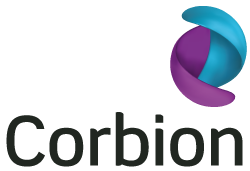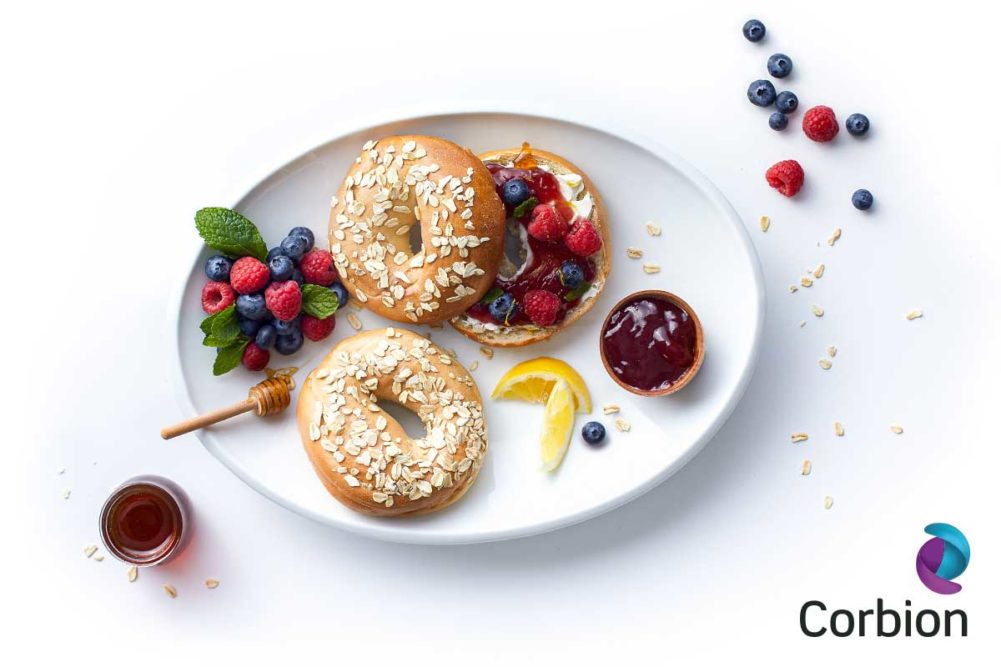
| Sign up for our free newsletters From breaking news to R&D insights, we’ll send you the top stories affecting the industry. |
Subscribe |


For the past 20-30 years, industry has been gradually gaining a deeper understanding of the importance and value of sustainable business practices. Once viewed by many as little more than a necessary facet of corporate image management, principles of sustainability are now becoming recognized as significant drivers of improved business performance.
Like manufacturers in other sectors, bakers find areas of opportunity in their use of energy and natural resources. They may consider renewable energy alternatives, use of larger-capacity ovens, shorter mixing times, enhanced dough tolerance, longer production runs, more eco-friendly packaging options, better distribution models, and numerous other improvements that either lower their energy and material costs or reduce their environmental footprint … or both.
Perhaps the most obvious area on which bakers focus is shelf-life improvement. With an estimated 900,000 tons of all manufactured bread discarded globally every year,1 prolonging the freshness of baked goods is the industry’s sustainability “no-brainer.” But what is often overlooked is that reducing product waste in baking is the key to realizing sustainability gains in virtually every other aspect of the business.
The impact is logical, but somehow challenging to fully grasp. When bread can stay on the shelf longer, less bread is wasted. The bread isn’t staling on the shelves in the store and so it’s not getting scraped before it makes it to consumers. This represents avoided costs and waste because in every area: labor, energy and water, packaging, distribution and fuel, and, of course, raw materials (and the upstream costs and impacts associated with their production). Inarguably, longer shelf life favorably impacts the sustainability of the industry across the board.

A sustainability linchpin
Since the 1980s, when industrially manufactured enzymes began playing a role in mainstream commercial bread production, enzyme-based technologies have become increasingly sophisticated and instrumental in helping bakers achieve longer shelf life while respecting consumer labeling preferences.
As a trusted partner to the baking industry for more than a century, global ingredient supplier Corbion has been helping manufacturers reap major sustainability gains and efficiency benefits, using advanced enzyme technology and conditioning ingredients to reduce product waste through significantly longer shelf life. The company’s Ultra Fresh® portfolio helps increase throughput, reduce product waste and stales, enable longer production runs and fewer changeovers, create opportunities to dramatically improve efficiencies in distribution, extend market reach, and lower product loss after purchase, thereby strengthening brand loyalty.
The biggest difference starts with more time. The longer freshness is maintained on the shelf (at retail and in the home), the more time there is for the product to be sold and enjoyed, and the less product is wasted. The efficiencies made possible by longer shelf life save raw materials, energy and water consumption, and send less waste to the landfill. Additionally, it gives bakery manufacturers more control to expand and optimize their distribution models.
Enzymes at work
As bread ages on the shelf, it begins to lose three important and appealing freshness characteristics: softness, resilience and moistness. During the baking process, starches in the formulation, mainly amylopectin, absorb water, swell and gelatinize, creating much of the tender eating quality in bread. After baking, however, the starch begins to lose some of the moisture it has absorbed, causing the starch granules to recrystallize. This process, known as retrogradation, is the main source of staling and causes bread crumb to become firm, dry and brittle.
While enzymes cannot reverse the retrogradation process, they can slow it down. By changing the structure of starch, enzymes slow the staling process and prevent recrystallization. These natural proteins cleave long-chain starches into shorter chains, which retrograde more slowly, so staling is delayed, and the bread crumb stays softer longer.
Consumer buy-in
When bakers can extend shelf life using a label-friendly, enzyme-based solution, it’s all upside: End consumers take home a product that looks, feels and tastes fresh and delicious; they feel good about avoiding chemical-sounding ingredients; they get their money’s worth when they recycle an empty bag; and they associate all those things with the brand they chose. With a growing number of consumers, there’s one more benefit: the satisfaction of knowing they are not contributing to the world’s food waste problem.
Today’s consumers, particularly millennials and Gen Z-ers, want the foods they buy to be good for them and good for their fellow humans and the planet. Increasingly, the notion of sustainability determines a food’s worth for many, thanks to growing concerns about climate change, resource scarcity and potential health effects associated with certain products, including baked goods. Nearly 62% of millennials, for instance, say they consider environmental friendliness to be very important to sustainability in bakery products.2

According to research published in 2022 by IRI and the NYU Stern Center for Sustainable Business, sustainability-marketed products are driving ⅓ of all CPG growth, and reducing by-products, reducing waste and extending shelf life are among the most important sustainability messages for baked goods.3
Delivering multiple benefits for bakers, baked goods consumers, and the planet, enzyme-based shelf-life solutions exemplify how powerful genuinely sustainable solutions can be.
Sources:
1 BakeryandSnacks.com Finnish Researcher Calls for Bigger Effort to Reduce Bread Waste by Retailers. https://www.bakeryandsnacks.com/Article/2020/02/28/Finnish-researcher-calls-for-bigger-effort-to-reduce-bread-waste-by-retailers
2 Corbion Proprietary Consumer Research, Pulse Survey, Q1, 2023, US Consumers of Bakery/Bread Products, n592
3 Research published by IRI, NYU, STERN Center for Sustainable Business, Sept 2022
| Sign up for our free newsletters From breaking news to R&D insights, we’ll send you the top stories affecting the industry. |
Subscribe |





Offerings from Mondelez, Kellanova and more are available now.

Mondelez International is set to release new Oreo products at the turn of the year.